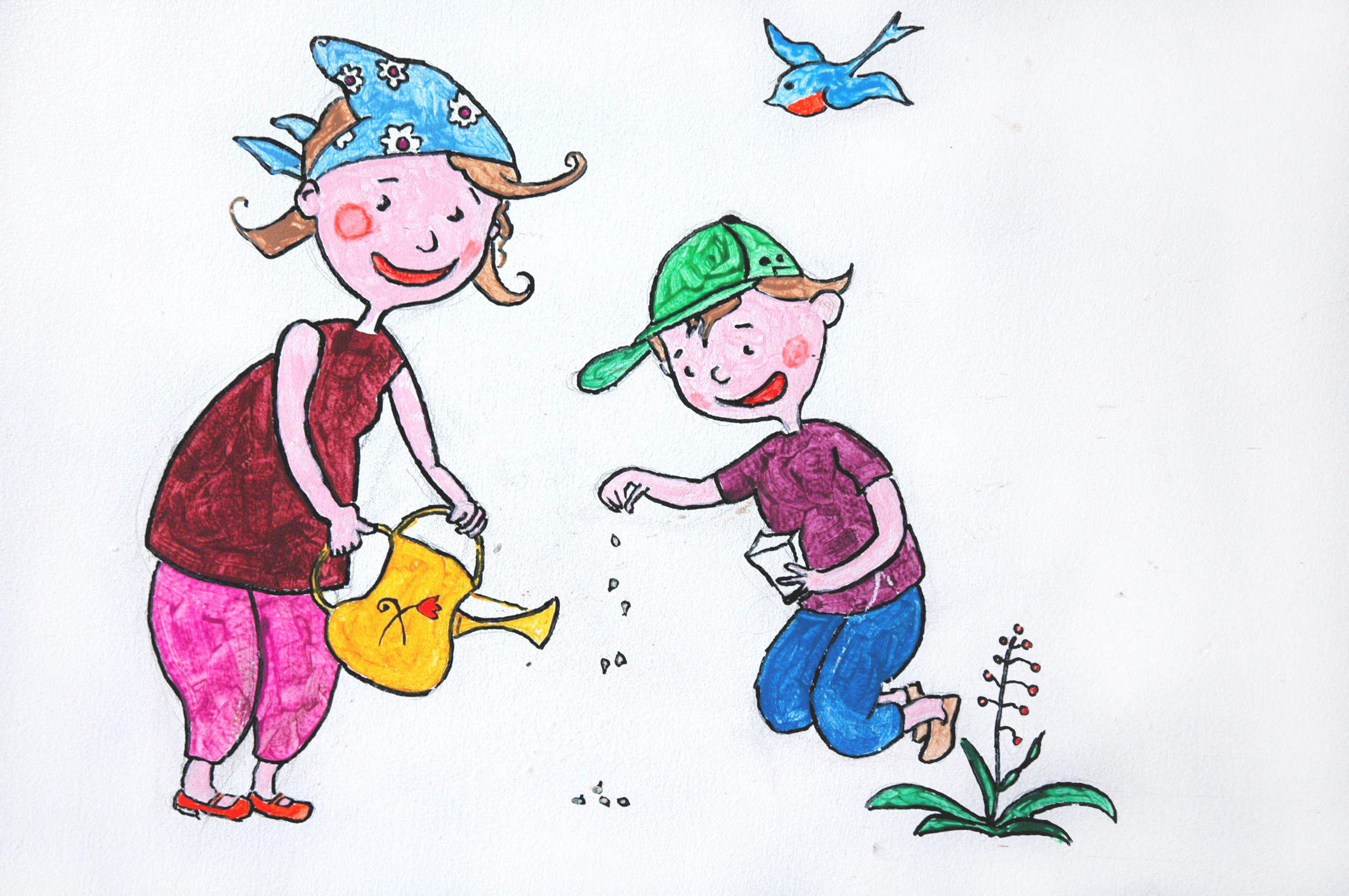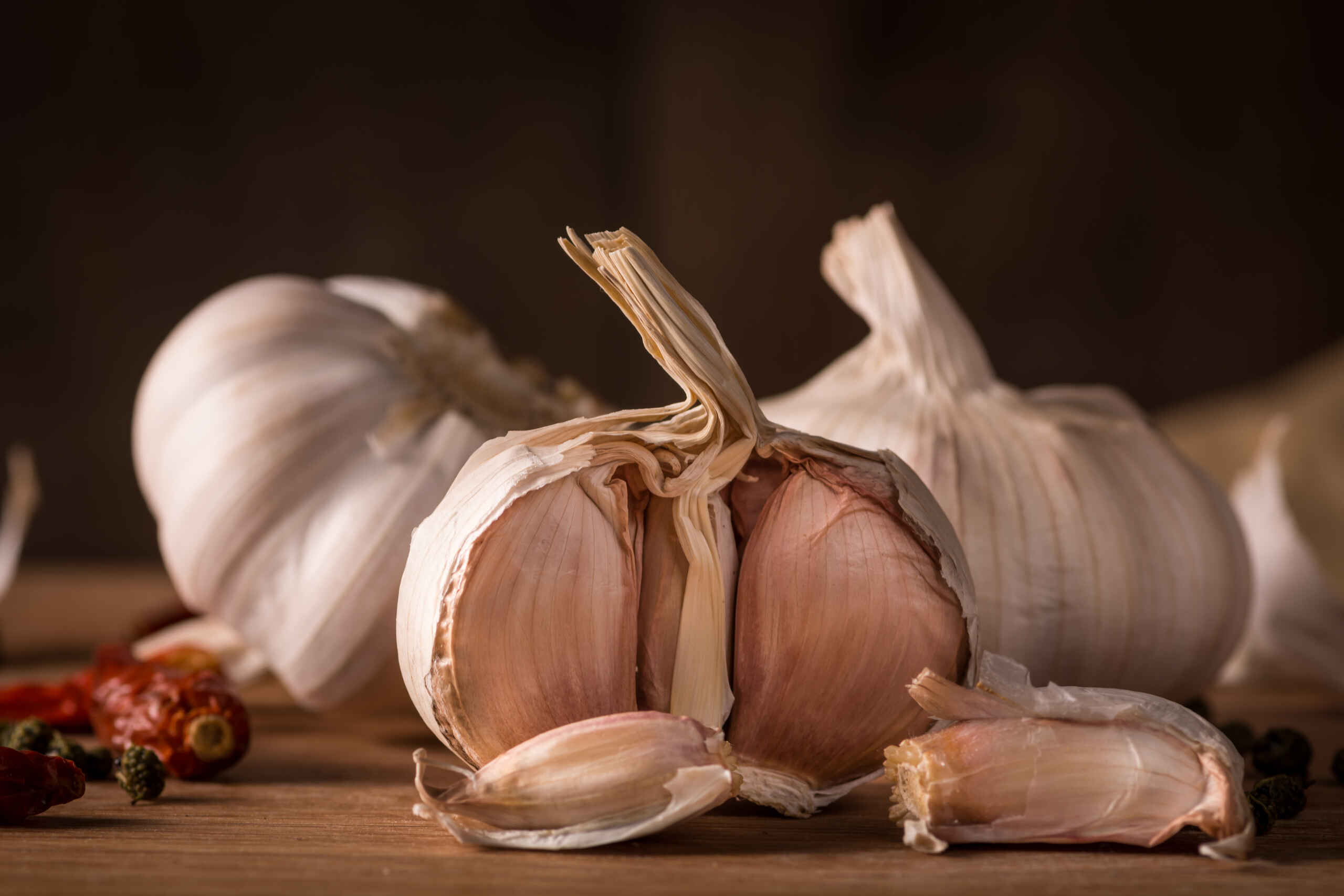The Fergus Horticultural Society’s “Diggin’ in the Dirt” group has been preparing for the inevitable – winter! They know that snowdrifts and the freeze/thaw process are very hard on their gardens. Every October the society puts its 20 community gardens to bed.
Let’s be honest. Garden cleanup can be an onerous task. The raking, pruning, digging and removing debris is all part of it. And bagging those leaves!
There are two schools of thought concerning fall cleanups. Some of the work can be left until the spring or do it all now. There are pros and cons to both methods. It’s really the gardener’s personal preference.
Leaving the cleanup of the flowerbeds to spring, adds lots of winter interest when the ground is covered in snow. Winter birds flit from one area of the garden to the next. They are in search of seeds and any hiding insects. By providing food, water, protection from the cold and predators, gardeners can make a difference for wildlife.
On the other hand, taking time in the fall will make spring garden clean-up much easier. Removing all annuals, cutting back perennial foliage and adding mulch to the soil will make for a better growing garden next season. Fall cleanup will prevent any damage to emerging plants in spring.
Regardless, when the cleanup is done, there are chores that need to be done now. Tender bulbs need to be dug up and stored in a cool and dark place. Place in a paper bag or in dry peat moss. Gladioli, dahlias, cannas and calla lilies are considered summer bulbs. They will not survive our harsh winter.
Fall bulbs can be planted from September to January, even after a heavy frost. If the soil can be worked up these hardy bulbs can be planted. They need a dormant rest period of a long, cold winter. Freezing temperatures and snow provide needed moisture as they start to grow.
Leaves must be raked off the lawn before snowfall. If the leaves are not removed, the lawn will not get enough light and will eventually die. A great timesaver is to run the lawnmower over dry leaves and allow the discharge chute to blow the cut up leaves onto the flower beds. Earthworms love crushed up leaves and will deposit their castings which will fertilize the bed.
Prevent Old Man Winter from taking a toll on your new additions. Always stake young trees and shrubs to prevent snow and wind damage.
Install plastic tree guards around the trunks of young trees. Chicken wire guards are best for shrubs. Rabbits can easily girdle them. If a gap encircles the cambium layer, the tree will die.
Experienced gardeners know that a basic cleanup should be gradual. Starting at the beginning of fall is much easier than blitzing the process when the snow is about to fly.
Once plants that have stopped flowering or are killed by the frost, pull them up and put them in the compost. This gradual cleanup effort keeps your garden looking presentable.
Remove all weeds before they drop their seeds. Weeds will overwinter and have a head start in the spring.
Spread compost on the garden. You can rake it in when the ground thaws in spring.
Insulating the soil from temperature fluctuations is the most effective way to prevent frost heaving. A 10 cm layer of wood chips or pine needles is an effective prevention.
Empty terra-cotta, ceramic or plastic pots and store them in a dry spot. If they have to be left outside, make sure they are emptied and turned upside down so that the cycle of freeze and thaw will not crack them. Do the same with your birdbath. Make sure you turn the bath upside down so that water will not collect. The freeze and thaw process will destroy it.
Water everything well. Be sure to drain all the outdoor water lines to prevent pipes splitting open during the freezing months. In some homes, the outside tap has a separate shut-off/drainage valve in the basement. Shut it off and unscrew the drainage cap. Then go outside and turn on the tap to drain water in the lines. Leave the outside taps on during the winter.
Locate all your garden tools and store them in one place. This will be a great time saver in the spring when you don’t have to hunt for your favourite trowel. Clean, oil and sharpen all tools before storing. Roll up the hose and bring it inside.
During those warmer days of fall, your garden will give you lots of opportunity to prepare for winter. Gardening is a year-round hobby. Winter months can be spent perusing catalogues and magazines, while planning for an early spring.



